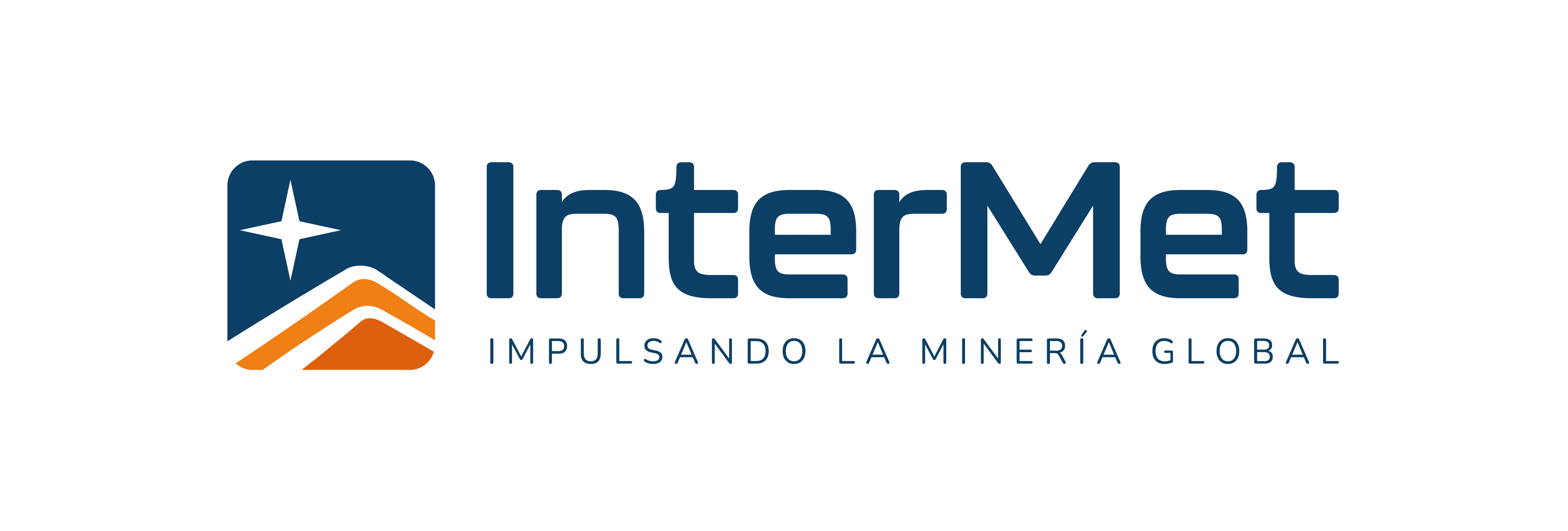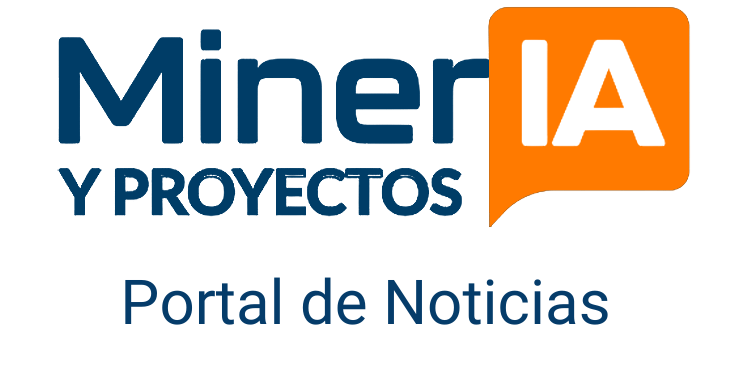SAMPLING THEORY, SAMPLING PRACTICES AND THEIR ECONOMIC IMPACT

This course is designed for individuals responsible for individuals responsible for optimizing the performance of mines, metallurgical plants, chemical plants, and environmental assessments. The course also applies to many other areas where someone must collect samples to make important decisions. The course is highly recommended for managers to optimize their operations.
WHAT YOU WILL LEARN
- Eye-opening facts about the consequences of bad sampling and the difficulties of good sampling
- The unexpected amplitude of economic ramifications of poor sampling
- To control how samples are taken to achieve the highest degree of representativeness
- To control sample mass requirements, and avoid errors in sampling and sample preparation protocols
- How to eliminate unfavorable factors
- How to identify those unfavorable factors that cannot be eliminated, but should be minimized
- The meaning and significance of the factors used in sample variance numerical control formulas
- Tolls available for the best experimental customization of control parameters for your mineralization type
- What can and what cannot be achieved with sampling experiments
- The general philosophy that underlines the practice of good sampling and the modeling of sampling parameters
- How to tackle seemingly untreatable sampling problems
- The difference between sampling, interpolating and extrapolating
YOU SHOULD ATTEND
This course is designed for individuals responsible for individuals responsible for optimizing the performance of mines, metallurgical plants, chemical plants, and environmental assessments. The course also applies to many other areas where someone must collect samples to make important decisions. The course is highly recommended for managers to optimize their operations. You should attend this course if you are:
- Exploration and ore grade geologists
- President, Vice-presidents, and operations managers
- Geostatisticians
- Laboratory supervisors
- Miners, metallurgists, geometallurgist or chemists
- Quality Assurance and Quality Control managers
- Environmental engineers, pollution control specialists, or regulators
- Concerned investors, company shareholders, or bankers
OUTLINE
Day 1: The historical necessity of the Theory of Sampling (By Dr. Francis Pitard)
- Importance of sampling, including economics
- Definitions, terminology and practical examples
- General practical recommendations
- Solving problems with sample mass
- Guidelines about necessary sample mass
- Evaluation and control of the segregation factor
- Recommended Heterogeneity Tests
- Two important Cardinal Rules for the optimization of sample mass in sampling protocols
- Building sampling charts (nomograms)
Days 2 and 3: Sampling, Grade Control and Improving the Performance of Processing Plants (By Dr. Francis F. Pitard)
- Correct sampling for Ore Reserve Estimations: all drilling techniques are responsible for introducing biases. Awareness of these problems is essential for committees in charge of feasibility studies
- Blasthole drilling data and plant sampling data are rich sources of valuable information which is vastly underappreciated and underused. Simple methods of making this existing information work to improve your operation are available, easy to apply to benefit control and performance of your metallurgical operation
- Blasthole drilling is affected by many sources of bias: awareness of these problems can go a long way to facilitate and optimize the mining process in general. Ignoring these problems necessarily leads to devastating money losses for your company
- At the plant, sampling for process control is not sampling for metallurgical accounting; these two kinds of sampling are incompatible and contrary to the belief of many people in the industry you cannot have it both ways using the same sampling systems… at least, under the present technology available today around the world. Logical recommendations are provided
- Appropriate sampling systems for metallurgical accounting
- Appropriate sampling systems for automation of process control: an absolute, real time necessity
FRANCIS F. PITARD
Dr. Francis F. Pitard is a consulting expert in Sampling, Statistical Process Control (SPC) and Total Quality Management (TQM). He is President of Francis Pitard Sampling Consultants in Broomfield, Colorado, USA. Dr. Pitard has six years of experience with the French Atomic Energy Commission and fifteen years with Amax Extractive R&D. He teaches Sampling Theory, for the Continuing Education Offices of the Colorado School of Mines. He has a Doctorate in Technologies from Aalborg University in Denmark. He is the author of Theory od Sampling and Sampling Practice (Third Edition 2019).

